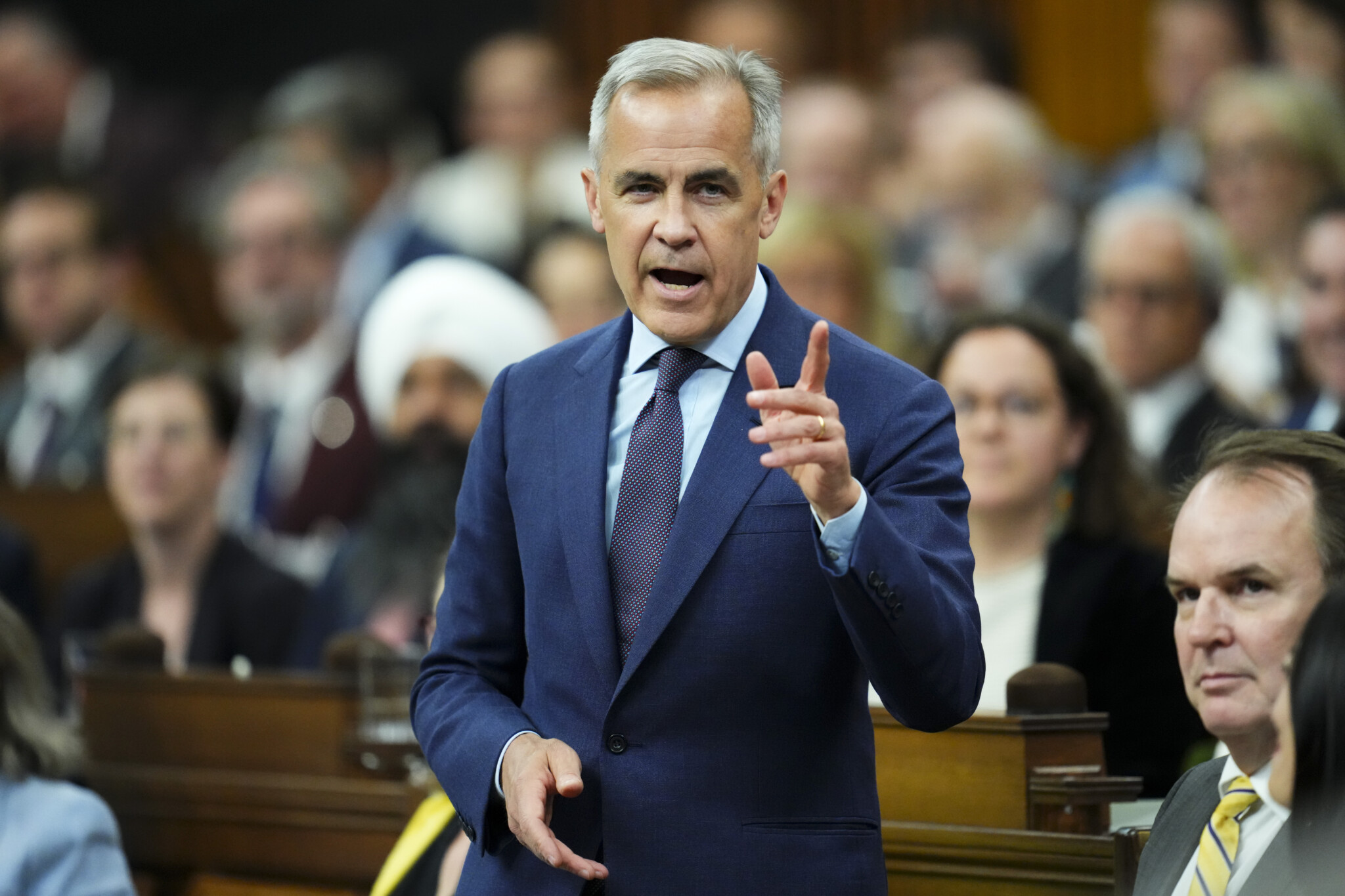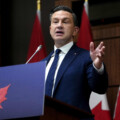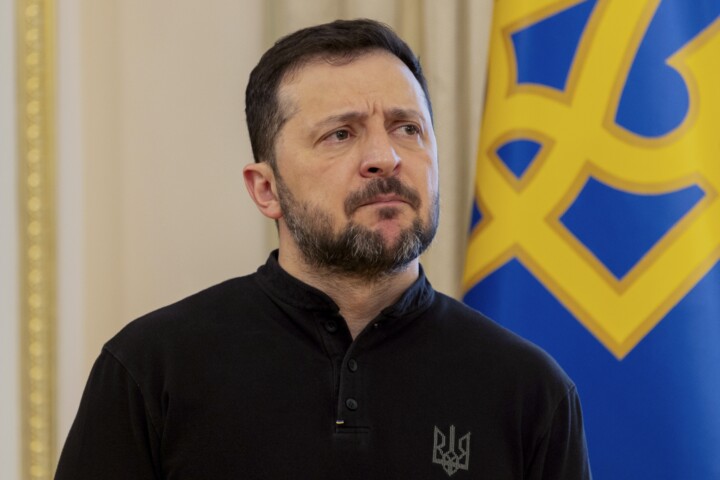Today marks the true beginning of the Carney era. The campaign glow has faded. Now comes the grind of governing. Canadians are looking to Mark Carney to steady the country after years of drift. He has identified the urgent priorities of growth, productivity, trade, energy, defence, and sovereignty, and pushed aside the boutique progressive causes that consumed the Trudeau years. But the hard days are just starting, and the news is more likely to get worse before it gets better.
Carney is more banker than celebrity, more Stephen Harper than Justin Trudeau. That is what the country is searching for: competence over charisma, substance over style. He does not stir crowds with a speech, but this moment is not about poetry. It is about results. Canadians do not want another clever turn of phrase. They want proof that government can deliver.
The Trudeau Liberals were known for big announcements followed by weak delivery. Every problem became a spending program. That worked when interest rates were low and deficits seemed abstract. Not anymore. If the red ink drives up borrowing costs, weakens the dollar, or forces broad tax hikes, patience will snap. Carney has a short and narrow runway. Canadians want him to pick a few national missions and drive them relentlessly. If he tries to satisfy everybody, he risks losing the belief Canadians have invested in him.
And Carney governs a minority. His position looks comfortable today, but minority governments are built on sand. A few big stumbles and the ground can shift quickly. If Canadians lose confidence, the opposition will sense blood.
For Conservatives, the question is simple: Did Pierre Poilievre learn anything? The old Poilievre was a nimble critic, quick with zingers, more street fighter than statesman. Perfect against Trudeau, but that act has expired. If he returns to that role, voters have already passed judgement. If a wiser version appears, one who can rise above outrage and sketch a credible plan for cost of living, growth, unity, housing, security, and defence, then he becomes a prime minister in waiting.
The NDP sees an opening. Carney is pulling Liberal policy toward the centre, leaving space on the Left. But if New Democrats chase activist causes like Palestine or identity politics, they may win a few downtown ridings and nothing more. Their old working-class base is already moving Conservative. Unless they reconnect with their bread-and-butter mission, they risk becoming the new Green Party: loud but irrelevant. The pragmatic wing, especially veterans of Western governments, may instead see in Carney a Liberal leader they can work with, maybe more formally this time.
The Bloc will play its usual game. Sovereigntists are weaker than in the 1990s, but with a provincial election looming, they will fan grievance whenever they can. The danger is a feedback loop. If Western alienation surges, Quebec will answer with demands of its own, each side feeding the other. Carney must manage premiers carefully, building partnerships instead of dictating terms.
And he must tend to Washington. Canada’s prosperity and security depend on the North American system. Defence and trade are inseparable now. If Carney can navigate relations with the Trump administration, strengthening both sovereignty and security, he will spare Canadians real pain.
Carney may face the most dangerous stretch for a prime minister since John A. Macdonald. Macdonald understood that national survival was not about being the smartest man in the room. It was about building relationships, compromising when necessary, and letting others take the credit if it meant holding the country together.
That is the challenge Carney now faces. Canadians have granted him a first hearing. Whether they give him a second will depend entirely on results. And without a majority to shield him, even a few wrong steps could bring the whole project down. The House is back. The stakes are high. The country is no longer drifting; it is testing its leaders. Carney must prove he can steer.









